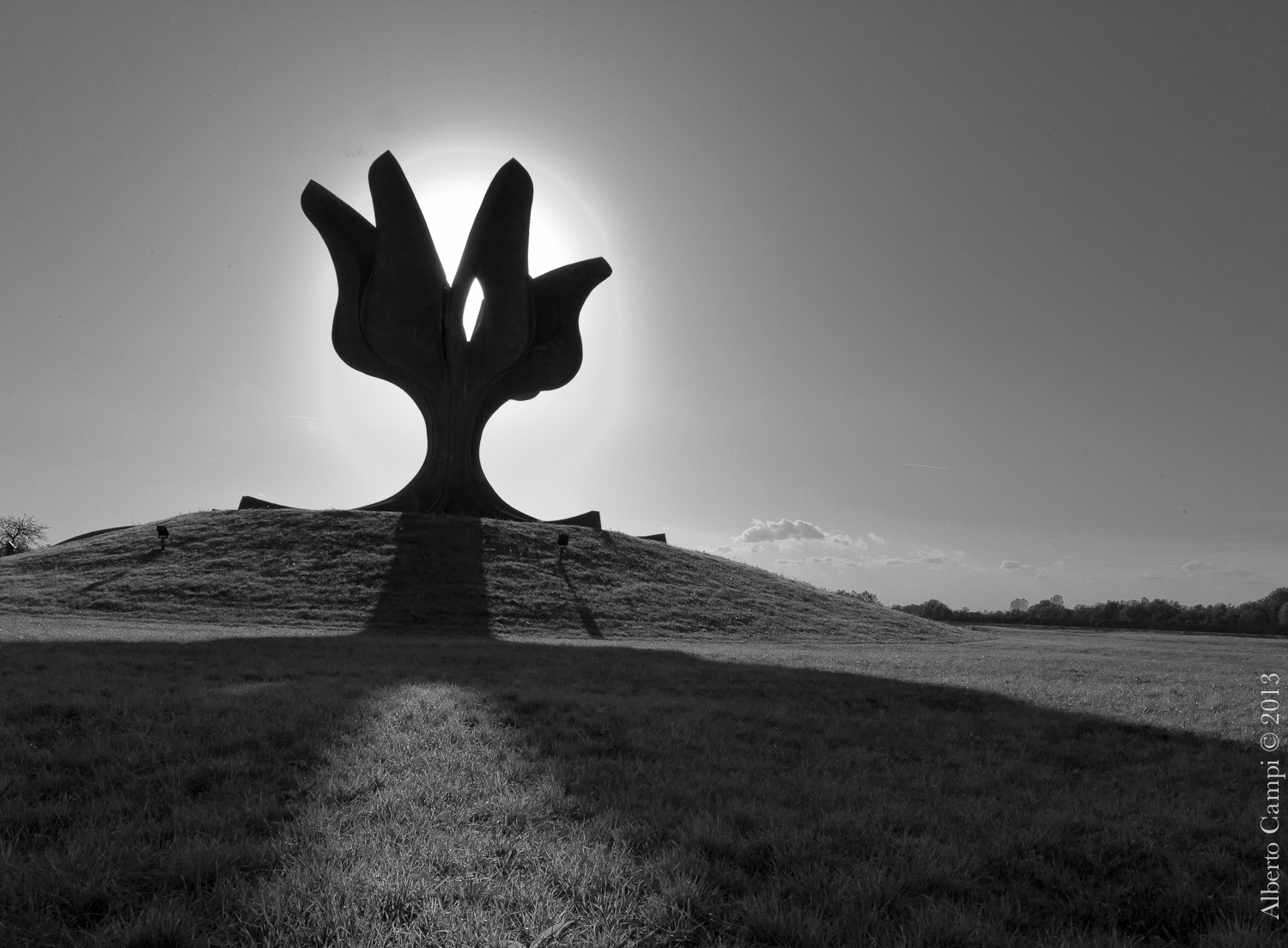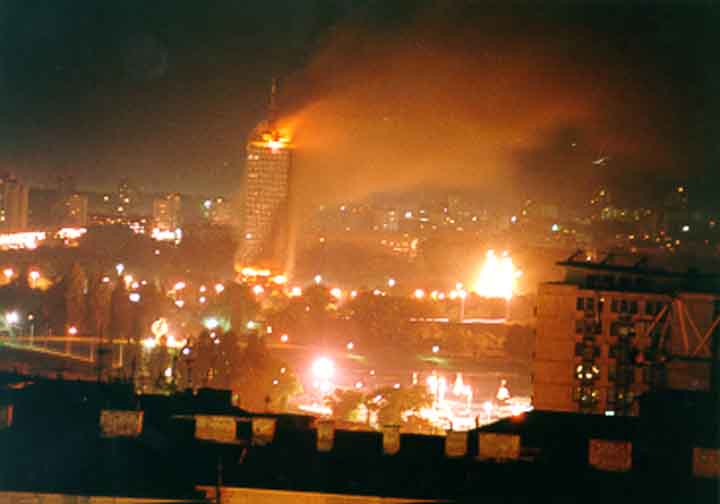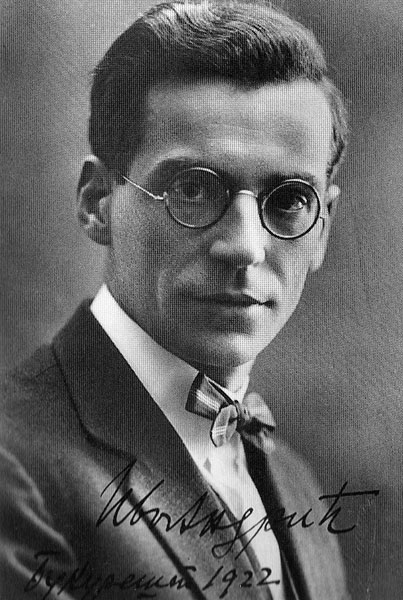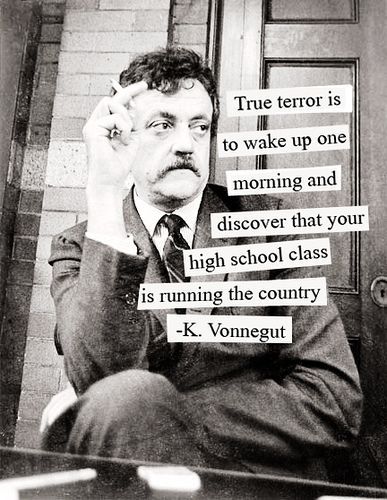Ivo Andrić (1982 – 1975) wrote the historical novel The Bridge on the Drina. It’s an exceptional fiction, spanning over 400 years, with no main characters save perhaps the perennial Višegrad Bridge. Born in Travnik, Bosnia, Andrić was a Bosnian-Serb who became a diplomat and the first Yugoslavian to win the Nobel Prize in Literature for his monumental work at hand. I’ve scanned some of the most memorable excerpts (including the most detailed, graphic, and disturbing account of a man getting staked that you will ever cringe to read in your life), which are featured in the slideshow below (right-click to see them in full), and have transcribe some of them here. I think this first quote from Alihodja (whom, if anyone is to be considered the main character, then it is he) is my favorite:
‘If you are going to hell, then it is better that you should go slowly,’ he said curtly to a young merchant. ‘You are an imbecile if you think that the Schwabes have spent their money and brought their machine here only for you to travel quickly and finish you business more conveniently. All you see is that you can ride, but you do not ask what the machine brings here and takes away other than you yourself and others like you. That you can’t get into your head. Ride then, my fine fellow, ride as much as you like, but I greatly fear that all your riding will lead only to a fall one of these fine days. The time will come when the Schwabes will make you ride where you don’t want to go and where you never even dreamt of going.’ (Pg. 213)
 Jasenova Concentration Camp Stone Flower Memorial; image from: http://blog.albertocampiphoto.com/?p=1716
Jasenova Concentration Camp Stone Flower Memorial; image from: http://blog.albertocampiphoto.com/?p=1716
Every human generation has its own illusions with regard to civilization; some believe that they are taking part in its upsurge, others that they are witnesses of its extinction. In fact, it always both flames up and smolders and is extinguished, according to the place and the angle of view. (Pg. 233)
‘There is no need to feel sorry for me. For all of us die only once, whereas great men die twice, once when they leave this world and a second time when their lifework disappears.’ (Pg. 73.)

Image from: http://en.wikipedia.org/wiki/The_Bridge_on_the_Drina#mediaviewer/File:Mehmed_Pasa_Sokolovic_Bridge_Visegrad_1900.JPG
Only then began the real persecution of the Serbs and all those connected with them. The people were divided into the persecuted and those who persecuted them. That wild beast, which lives in man and does note dare to show itself until the barriers of law and custom have been removed, was now set free. The signal was given, the barriers were down. As has so often happened in the history of man, permission was tacitly granted for acts of violence and plunder, even for murder, if they were carried out in the name of higher interests, according to established rules, and against a limited number of men of a particular type and belief. (Pg. 282)
 NATO bombing of Novi Sad in 1999. Fuck NATO.
NATO bombing of Novi Sad in 1999. Fuck NATO.
Sometimes there is such a year when the heat of the sun and the moisture of the earth combine, and the whole Višegrad valley trembles from the superabundance of its force and the universal urge toward fecundity. The earth swells and everything in it bursts vigorously into buds and leaves and blossoms and brings forth fruit a hundredfold. That bread of fertility could easily be seen quivering like a warm blue cloud over every furrow and every heap of earth. The cows and goats walked with hindelegs astraddle and moved with difficulty because of swollen and brimming udders. The fish in the in the river which every year at the beginning of summer came in shoals down the Rzav to spawn at its mouth were in such numbers that the children scooped them out of the shallows in buckets and threw them on to the bank… (Pg. 266)
Bojan's Grandpa's farm.
The Bridge on the Drina excerpts:

 Thursday, February 1, 2018 at 02:39PM
Thursday, February 1, 2018 at 02:39PM  Aaron |
Aaron |  Post a Comment |
Post a Comment | 




